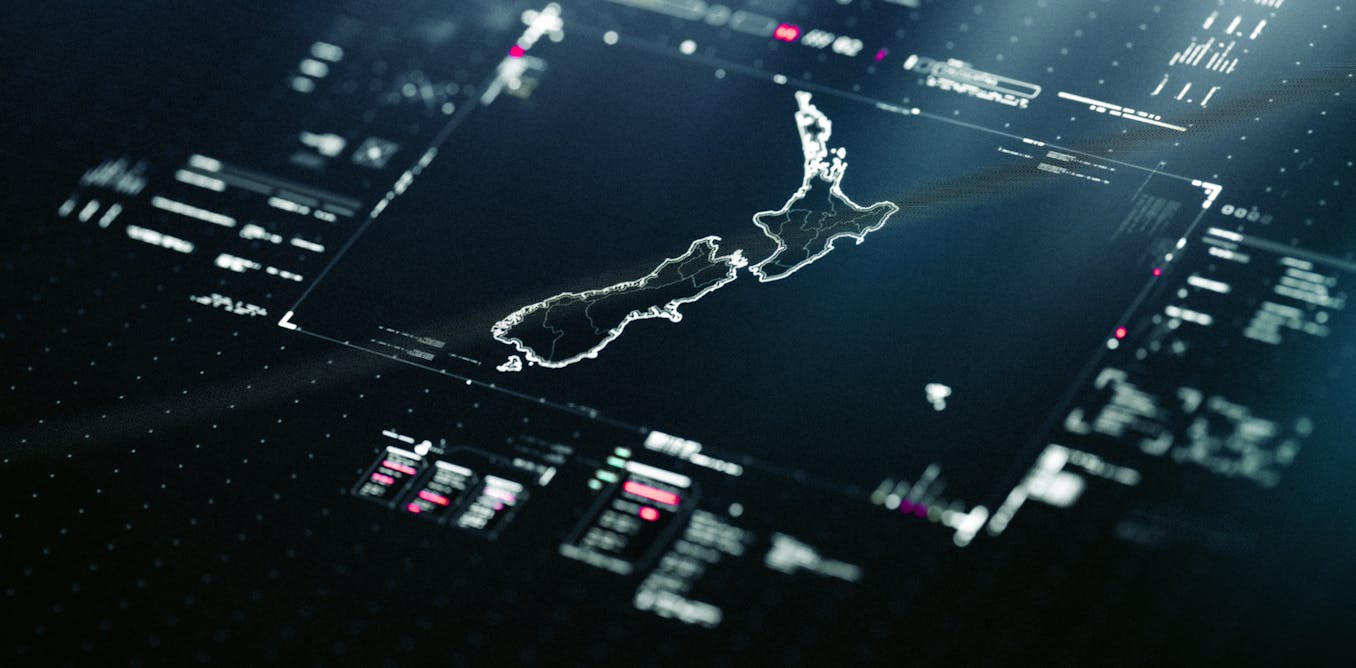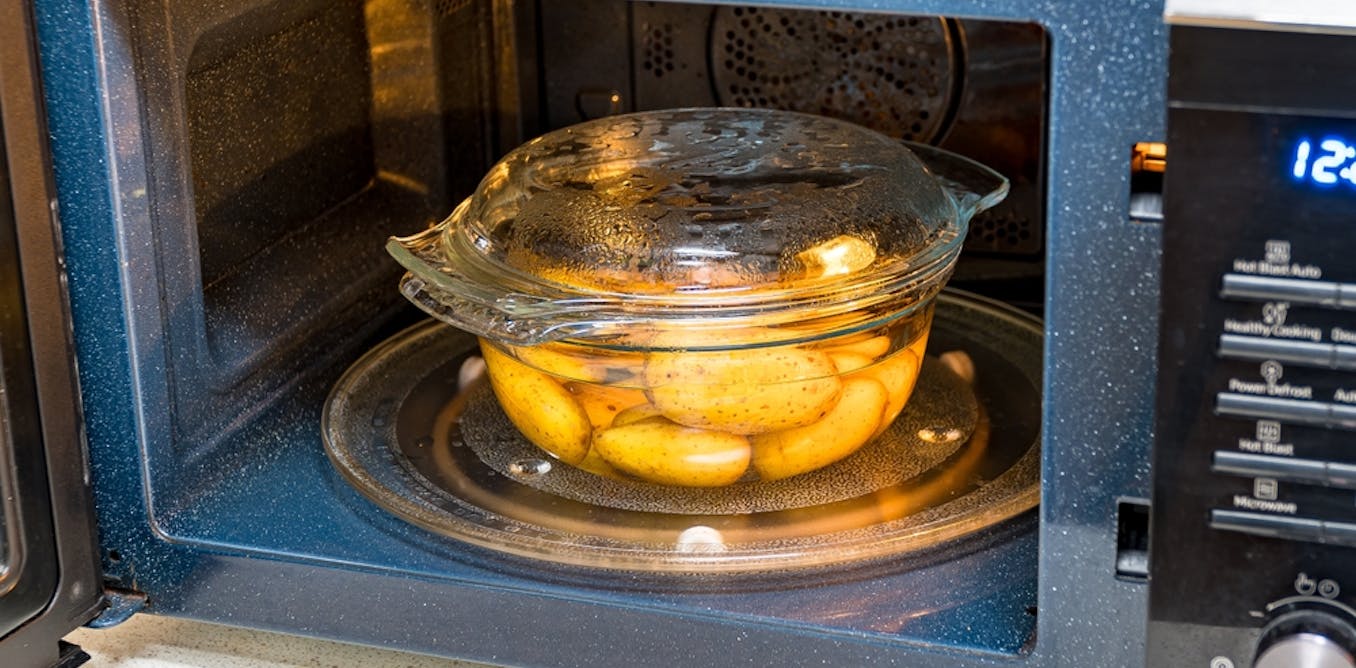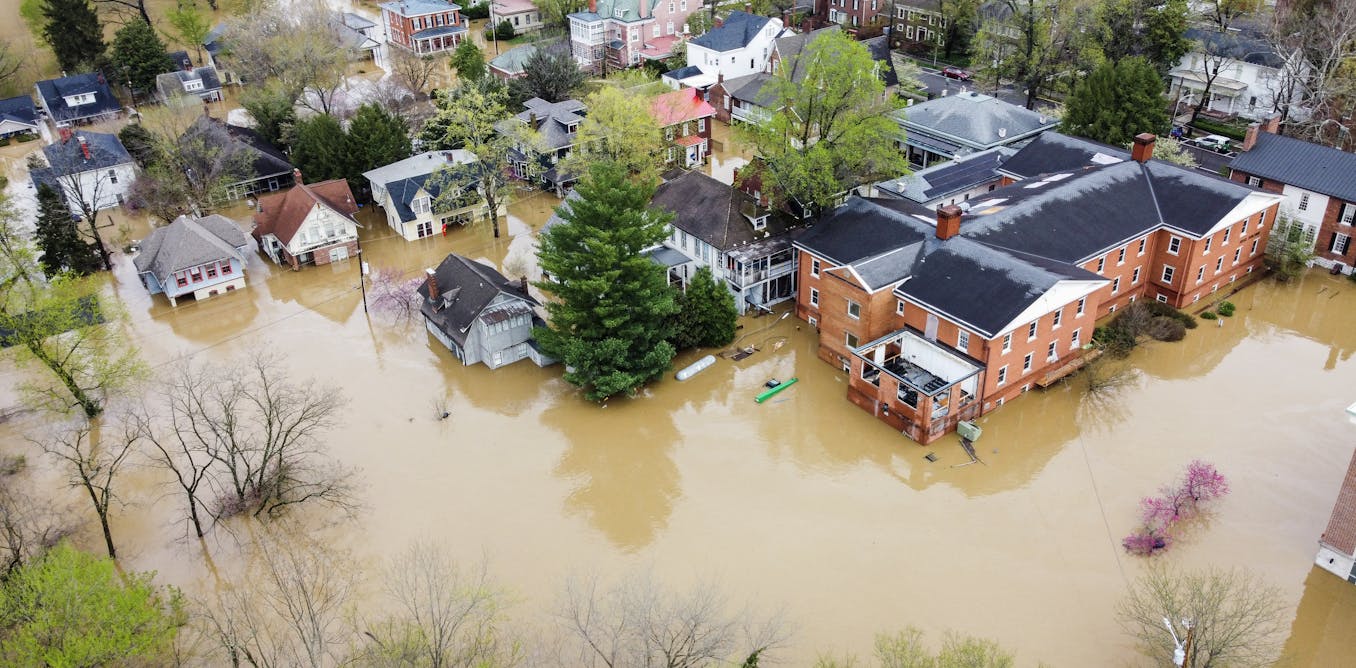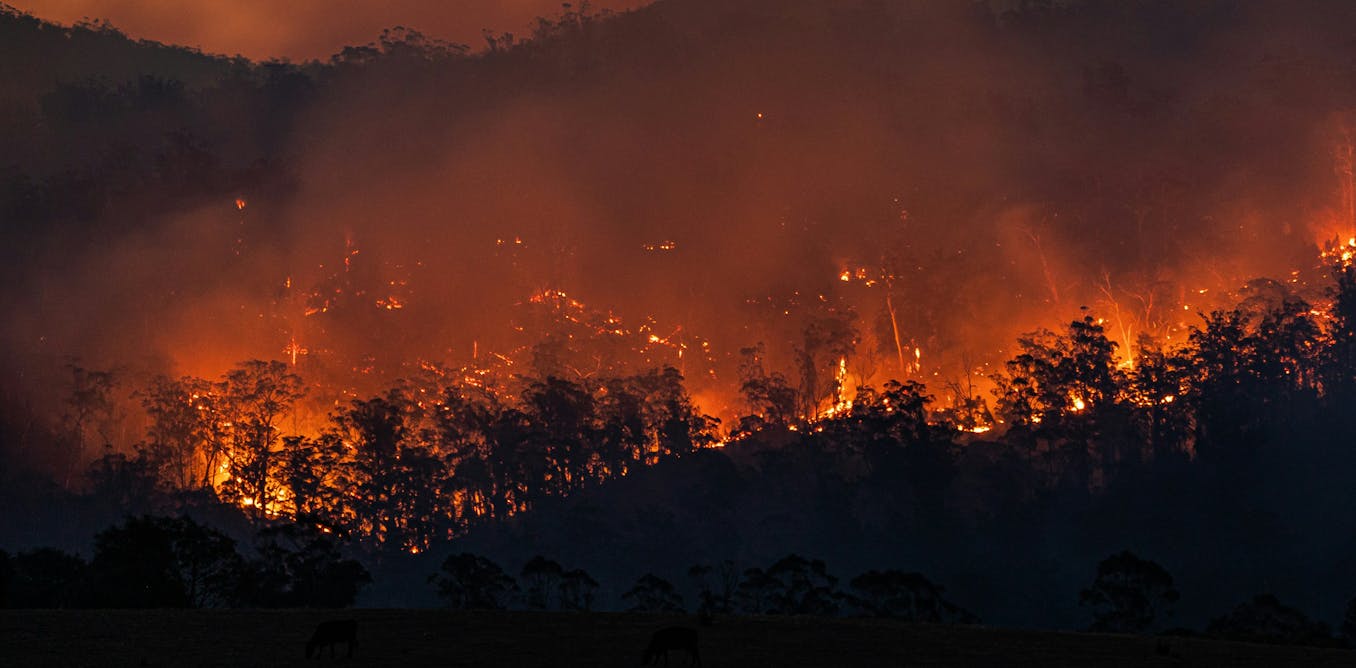Could Tesla Owners Be Sued For Robotaxi Accidents?
In a landscape where technological advancements continuously reshape our daily lives, Tesla’s ambitions in the realm of autonomous vehicles have stirred both excitement and trepidation. As the dream of a robotaxi fleet becomes increasingly plausible, a new dimension of risk surfaces — the potential legal liability for Tesla owners participating in this revolutionary venture.
For decades, Elon Musk has painted a bold vision of the future, where Tesla vehicles would not just transport their owners but also generate an additional income stream by operating as robotaxis. This innovation could turn every vehicle into a mobile asset, leveraging services like Airbnb to tap into the sharing economy. Yet, amidst the allure of financial opportunity lies a murky legal landscape that could implicate everyday car owners in unprecedented ways.
Imagine a world where your Tesla autonomously picks up and drops off passengers while you’re at work or on vacation. This model is not only appealing but also potentially lucrative. However, the question of liability looms large. In the event of an accident involving a self-driving vehicle, who bears the responsibility? Traditionally, liability in automotive incidents has fallen squarely on drivers and manufacturers, but with self-driving technology, the rules are far less clear.
Bullish investors are counting on Musk’s vision to transform Tesla from a car manufacturer into a versatile technology powerhouse. However, as the scenarios play out, the very integration of self-driving capabilities raises a myriad of legal concerns that could see homeowners holding the bag in the event of an accident. If a Tesla involved in a crash while functioning as a robotaxi is deemed to have malfunctioned due to software failures or inadequate training, owners could find themselves entangled in lengthy legal battles.
Moreover, the push for regulatory clarity is urgent. As autonomous vehicles gain traction and more consumers engage with specialized services, policymakers must grapple with an evolving framework that adequately addresses liability in the context of technology-infused transportation. Without robust guidelines, Tesla owners may be forced to navigate treacherous waters, wondering if their dreams of turning a profit could lead to potential personal liability.
As we look towards a future dominated by autonomous driving technology, the implications for Tesla owners feel particularly poignant. The question remains: will the promise of a self-sustaining income via robotaxi services end up overshadowed by the specter of lawsuits and liabilities? For those looking to embrace this groundbreaking shift in transportation, it’s crucial to stay informed, consider the risks, and prepare for what can only be described as a legal landscape in flux.
In a world that thrives on innovation, the intersection of technology and law will continue to evolve, leaving car owners to ponder a pivotal question: Is the reward worth the risk?
Watch the video by Forbes
Video “Could Tesla Owners Be Sued For Robotaxi Accidents?” was uploaded on 07/14/2025 to Dailymotion Channel Forbes






































Leave a Reply